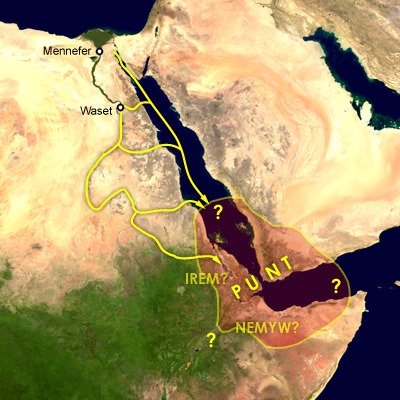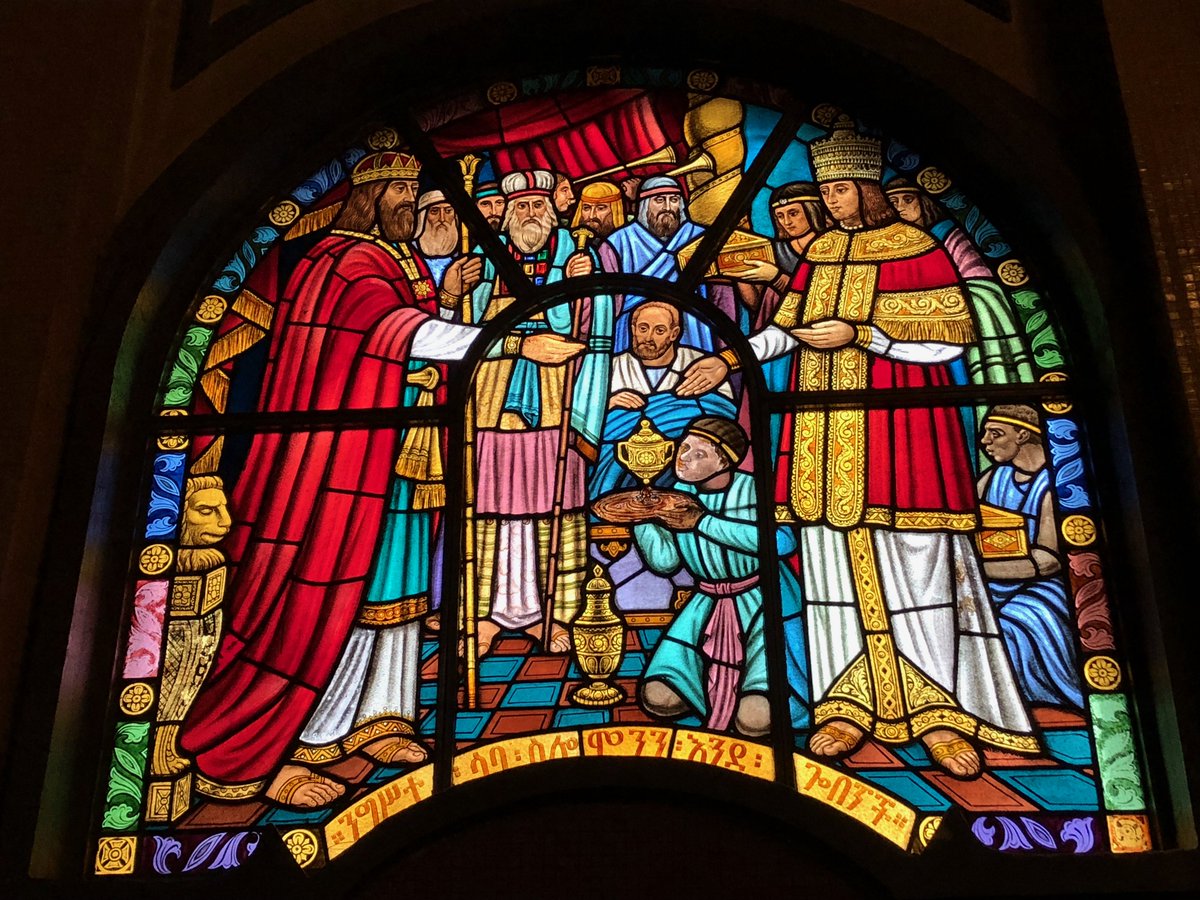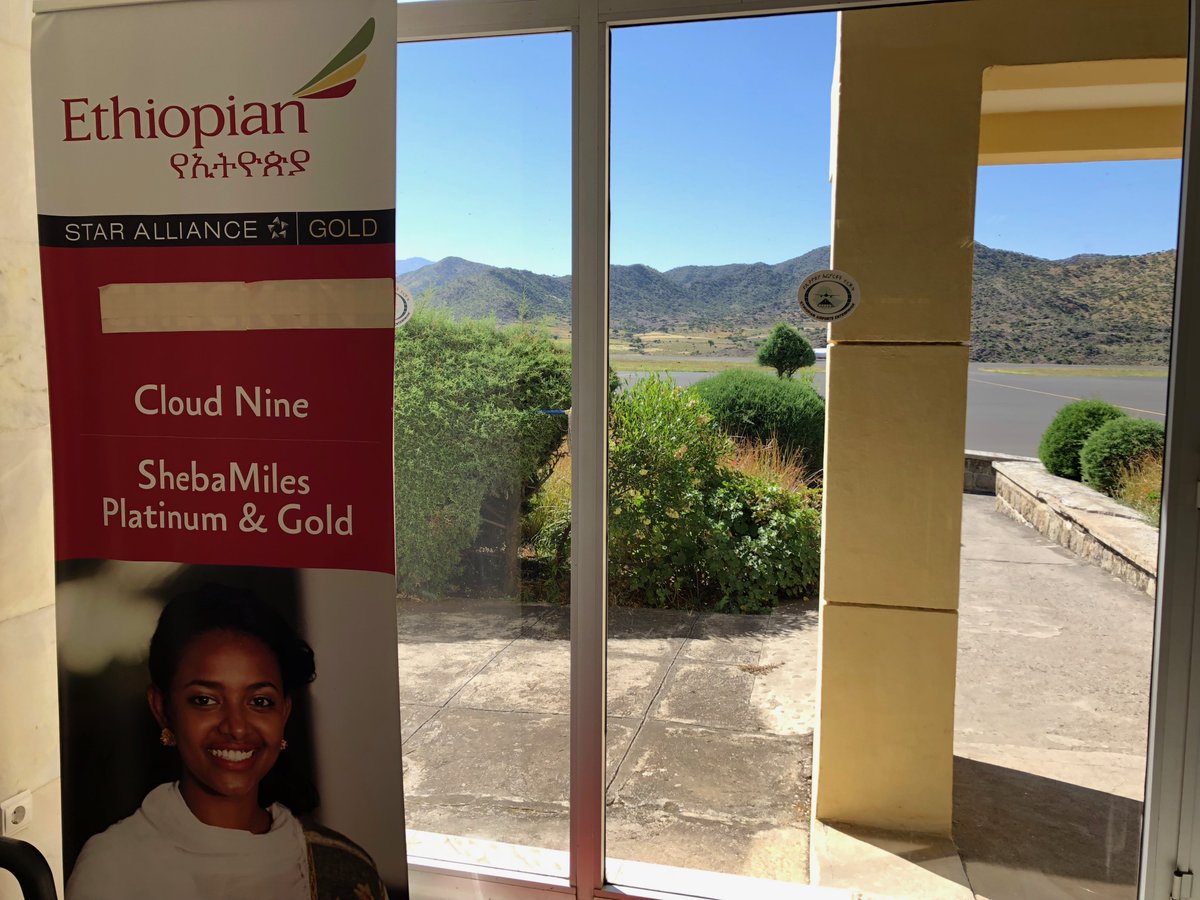1) For some there's still a major economic disincentive apropos self isolation. Sick pay still poor. Savings for many exhausted.
Hancock: "It's your actions now which can make a difference."
Plays down prospect of immediate introduction of new restrictions.
1) For some there's still a major economic disincentive apropos self isolation. Sick pay still poor. Savings for many exhausted.
And 2) The job for individuals is now made harder as a result of prevalence as a result of the delay in full lockdown in most of the country between the...
More from Lewis Goodall
Some quick thoughts on what we just saw
Firstly hardly a unique insight but hard to overstimate the difference between the two last inaugurals. America has meandered sharply along its political arc.
Biden's rhetoric reached high. Every sentence seemed purposefully...
...constructed to negate every political and personal characteristic of his predecessor.
And insofar as he's not Trump, that he does accept, cherish and understand democratic norms, institutions and conventions in a way that Trump never could, Biden will make a real difference.
He will change the tone and tenor of politics, not only in America but across the West. As I've said before, just replacing Trump is a substantial victory for him and will earn him praise from historians.
But that aura will disappear quickly. A governing project it will not make
But how much praise he receives and stature conferred by posterity will depend on what happens next.
Because the big overarching question for me, watching this, is which of those two inaugurals, Trump or Biden's, is going to seem unusual in the future.
The relief that many are feeling is predicated on a type of politics ending. But it is at least as possible that it is Biden ..not Trump who is the last gasp of something. Is it Trump who is the dying embers of a dying, increasingly powerless old white America...
Firstly hardly a unique insight but hard to overstimate the difference between the two last inaugurals. America has meandered sharply along its political arc.
Biden's rhetoric reached high. Every sentence seemed purposefully...
BREAK: Joe Biden is inaugurated as the 46th President of the United States.
— Lewis Goodall (@lewis_goodall) January 20, 2021
The Trump administration is over.
...constructed to negate every political and personal characteristic of his predecessor.
And insofar as he's not Trump, that he does accept, cherish and understand democratic norms, institutions and conventions in a way that Trump never could, Biden will make a real difference.
He will change the tone and tenor of politics, not only in America but across the West. As I've said before, just replacing Trump is a substantial victory for him and will earn him praise from historians.
But that aura will disappear quickly. A governing project it will not make
But how much praise he receives and stature conferred by posterity will depend on what happens next.
Because the big overarching question for me, watching this, is which of those two inaugurals, Trump or Biden's, is going to seem unusual in the future.
The relief that many are feeling is predicated on a type of politics ending. But it is at least as possible that it is Biden ..not Trump who is the last gasp of something. Is it Trump who is the dying embers of a dying, increasingly powerless old white America...
More from Economy
Thread on eminent people supporting farm laws:
Dr. Gita Gopinath, Chief Economist at IMF says "Farm bills are in right
Dr. Surjit Bhalla, executive director at IMF support farm
Godrej Agrovet Chairman Nadir Godrej tells Bloomberg that agriculture reforms are important for
Prof Ashok Gulati supports new farm
Vice-Chairman of Bharti Enterprises Rajan Bharti Mittal supports the new farm
Dr. Gita Gopinath, Chief Economist at IMF says "Farm bills are in right
Dr. Surjit Bhalla, executive director at IMF support farm
Godrej Agrovet Chairman Nadir Godrej tells Bloomberg that agriculture reforms are important for
Godrej Agrovet Chairman Nadir Godrej tells Bloomberg that agriculture reforms are important for India. pic.twitter.com/N6rnelLn0E
— BloombergQuint (@BloombergQuint) December 11, 2020
Prof Ashok Gulati supports new farm
Vice-Chairman of Bharti Enterprises Rajan Bharti Mittal supports the new farm
You May Also Like
I'm going to do two history threads on Ethiopia, one on its ancient history, one on its modern story (1800 to today). 🇪🇹
I'll begin with the ancient history ... and it goes way back. Because modern humans - and before that, the ancestors of humans - almost certainly originated in Ethiopia. 🇪🇹 (sub-thread):
The first likely historical reference to Ethiopia is ancient Egyptian records of trade expeditions to the "Land of Punt" in search of gold, ebony, ivory, incense, and wild animals, starting in c 2500 BC 🇪🇹

Ethiopians themselves believe that the Queen of Sheba, who visited Israel's King Solomon in the Bible (c 950 BC), came from Ethiopia (not Yemen, as others believe). Here she is meeting Solomon in a stain-glassed window in Addis Ababa's Holy Trinity Church. 🇪🇹

References to the Queen of Sheba are everywhere in Ethiopia. The national airline's frequent flier miles are even called "ShebaMiles". 🇪🇹

I'll begin with the ancient history ... and it goes way back. Because modern humans - and before that, the ancestors of humans - almost certainly originated in Ethiopia. 🇪🇹 (sub-thread):
The famous \u201cLucy\u201d, an early ancestor of modern humans (Australopithecus) that lived 3.2 million years ago, and was discovered in 1974 in Ethiopia, displayed in the national museum in Addis Ababa \U0001f1ea\U0001f1f9 pic.twitter.com/N3oWqk1SW2
— Patrick Chovanec (@prchovanec) November 9, 2018
The first likely historical reference to Ethiopia is ancient Egyptian records of trade expeditions to the "Land of Punt" in search of gold, ebony, ivory, incense, and wild animals, starting in c 2500 BC 🇪🇹

Ethiopians themselves believe that the Queen of Sheba, who visited Israel's King Solomon in the Bible (c 950 BC), came from Ethiopia (not Yemen, as others believe). Here she is meeting Solomon in a stain-glassed window in Addis Ababa's Holy Trinity Church. 🇪🇹

References to the Queen of Sheba are everywhere in Ethiopia. The national airline's frequent flier miles are even called "ShebaMiles". 🇪🇹













